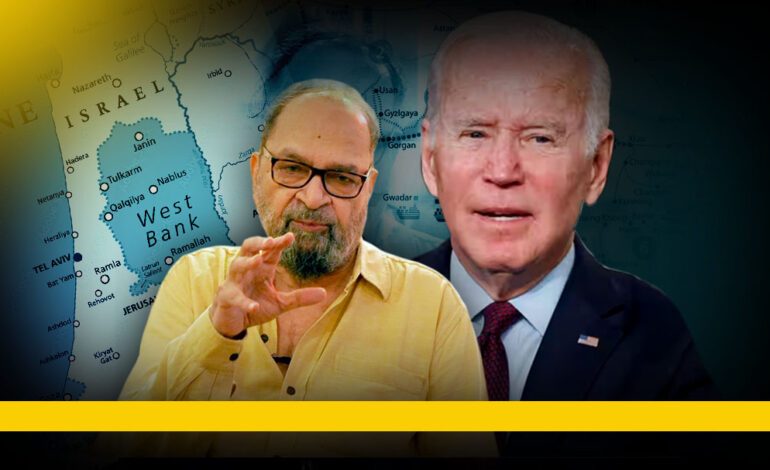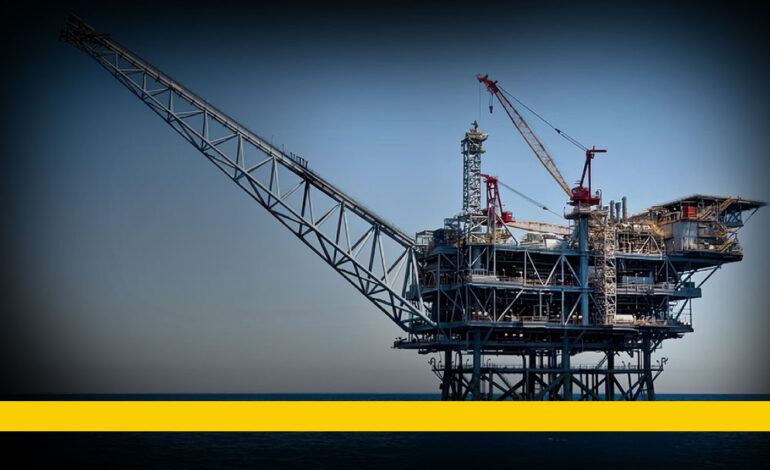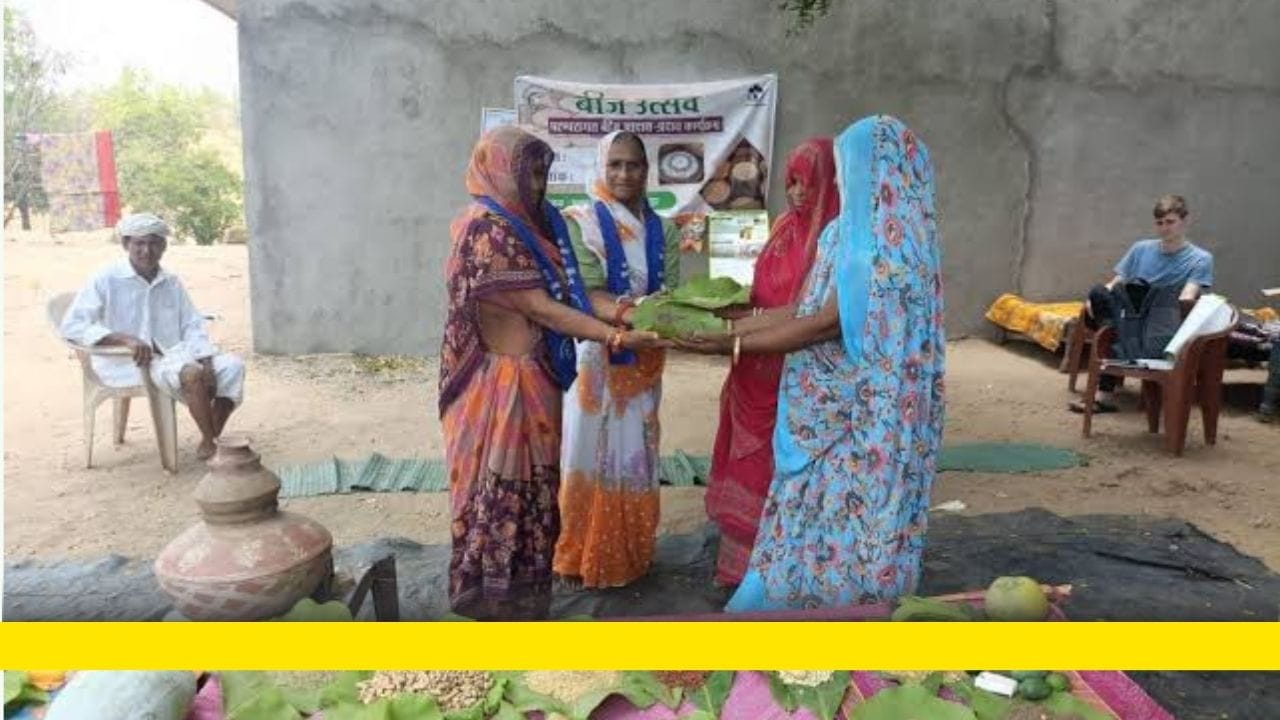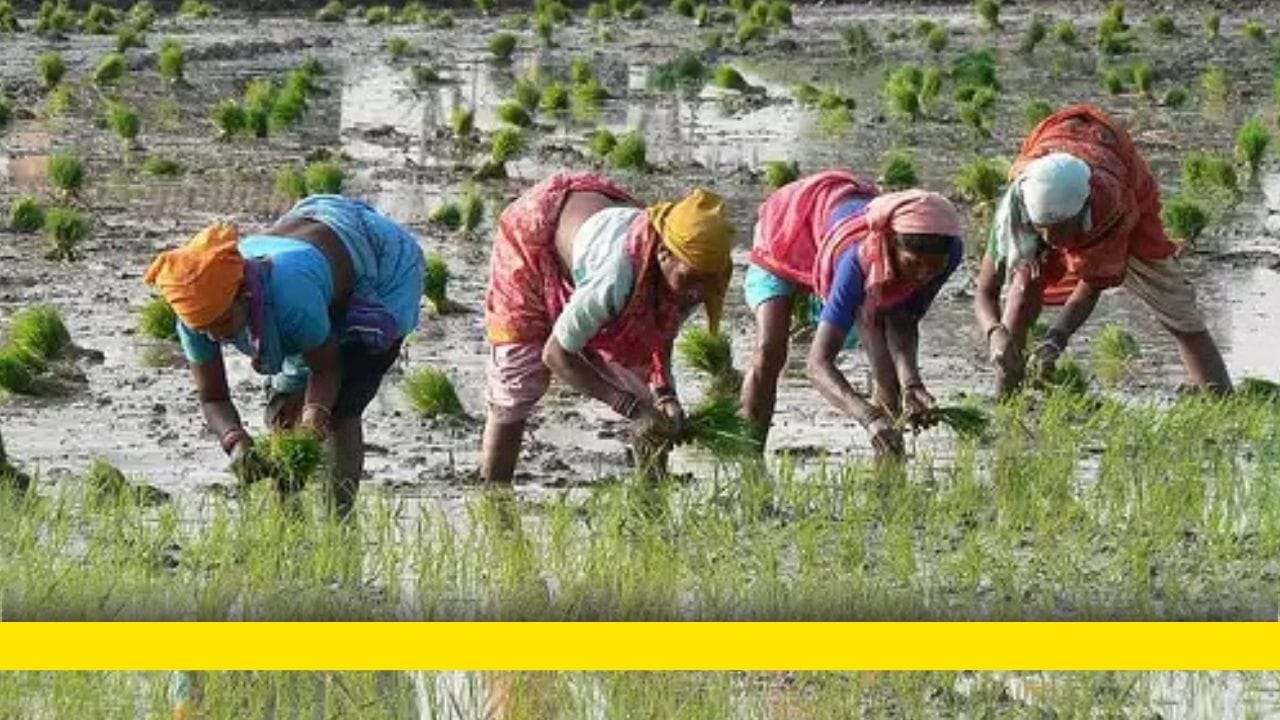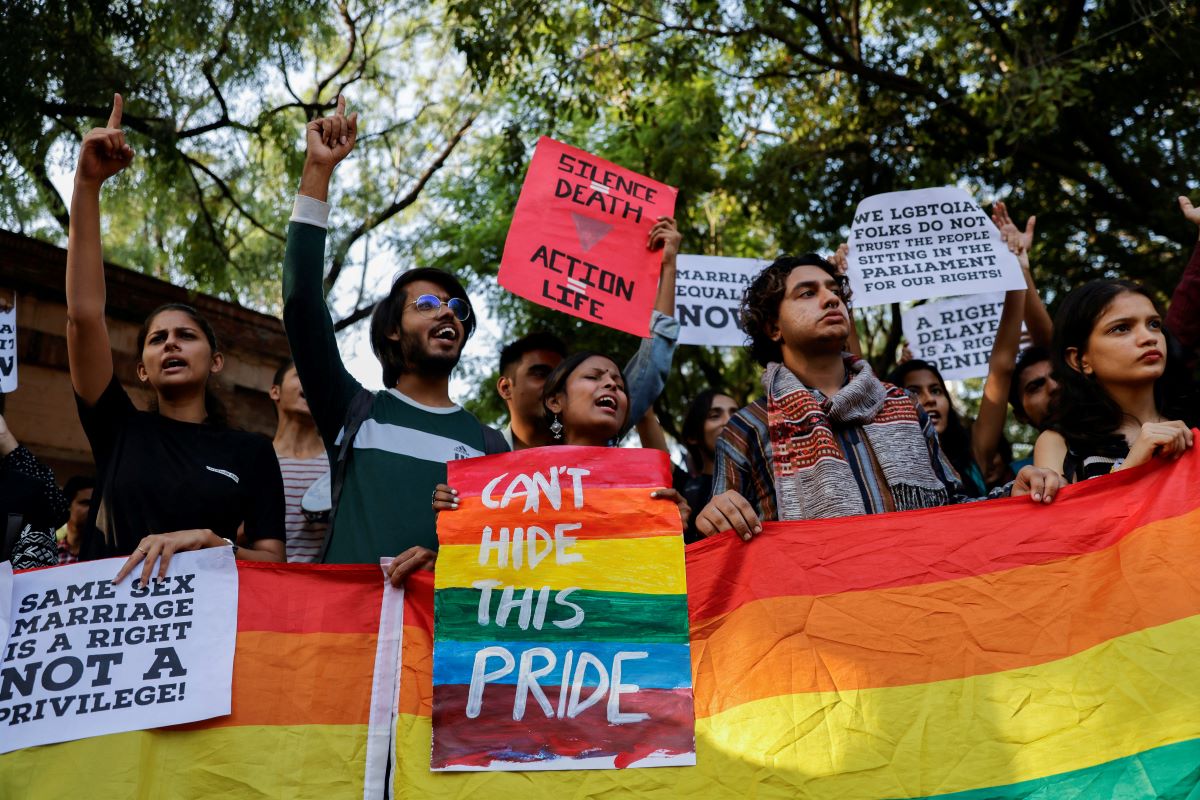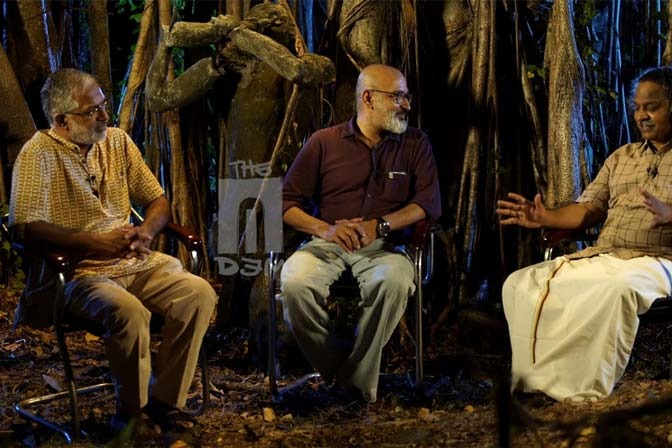The India-UAE-Europe Economic Corridor and Hydrocarbon Factor in Palestine Region
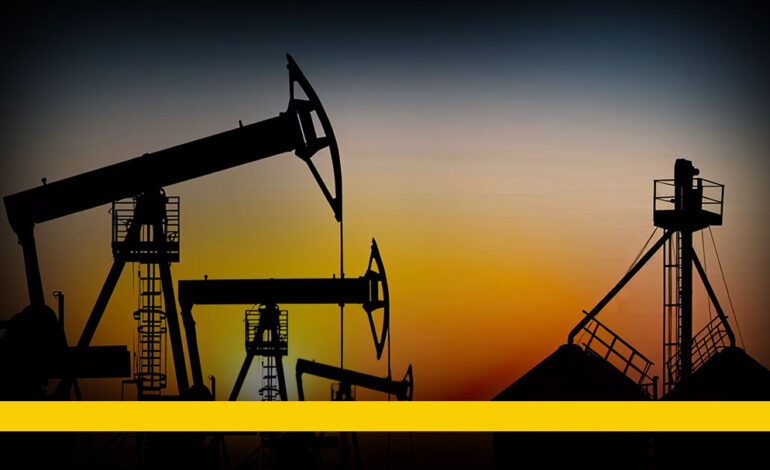
US President Joe Biden’s statement linking the October 7 Hamas strike on Israel to India-Middle East-Europe Economic Corridor has added a new dimension to the ongoing conflict in the Gaza region. Authorities in the US Presidential office have themselves said that Biden was “misunderstood” but the repercussions of the original statement are yet to die down. But how important is the Economic Corridor real terms? Does it have a connection to the potential discovery of large quantum of hydrocarbons in the Mediterranean region?
Renowned International Affairs Expert Saeed Naqvi talks to Venkitesh Ramakrishnan, Managing Editor of The AIDEM on what the proposed economic corridor means to the world in general and countries like China, India, Israel, Palestine and Gaza in particular. This is an edited excerpt of the original audiovisual interview published on the AIDEM portal.
Venkitesh Ramakrishnan: Let us come to the India -Middle East -Europe Economic Corridor of which Israel is a very key component and the port of Haifa, which is now being run by the Gautam Adani group is also a very important component. It is being said that India’s economic muscle has been accepted by the World now because of its involvement in this project. How do you look at it?
Saeed Naqvi: The West is having kittens because of China. As you know, the best form of compliment is imitation.
VRK: So, you think this is an imitation of the Belt and Road Initiative (BRI) advanced by China.
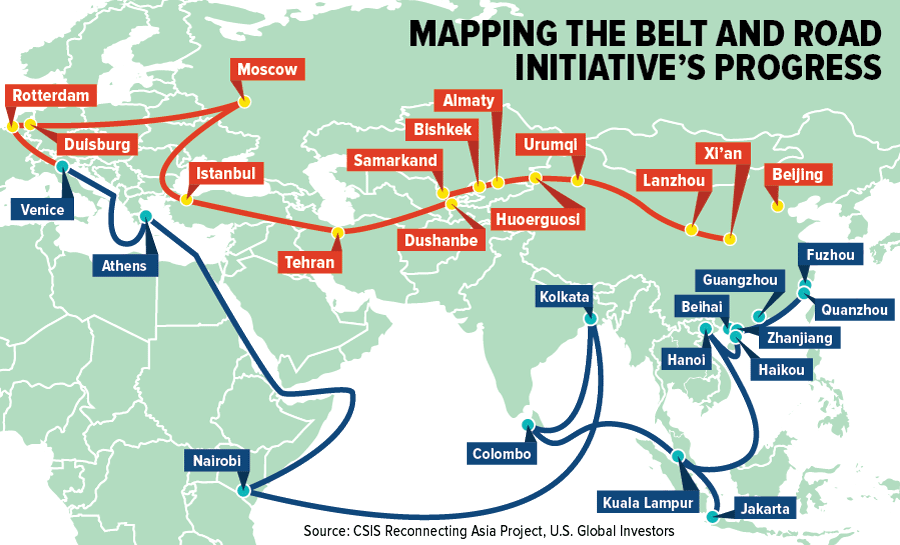
SN: You see what was happening was that the Americans were building more and more military bases across the world over the last few decades. There are approximately 760 US military bases across the world. While the Americans were building these military bases setting up extensive secret services in Afghanistan and other parts of the world, the Chinese like ants put their heads down and focussed on development and have sewn up 150 countries for the BRI. These people (the US and its Allies) didn’t know what had happened when they finally came to know about the network. You see, these were really two systems.
While one was talking about development the other was talking about militarization. In other words, the US cannot move an inch without their military-industrial complex. In fact, the American economy is nothing without the military-industrial complex. That is why I have always maintained that peace is deleterious to American Health. This is one element that we do not talk about enough even at the level of international dialogue; that peace is bad for them because that means these big military Industries will not have work. So they have to constantly prepare for war. So that the chain of military bases are being built, allies are armed and trained and so on and so forth. But when the BRI was unraveled the Americans suddenly found that while they were doing all this, the Chinese had walked away with the show by getting 150 countries to sign up.
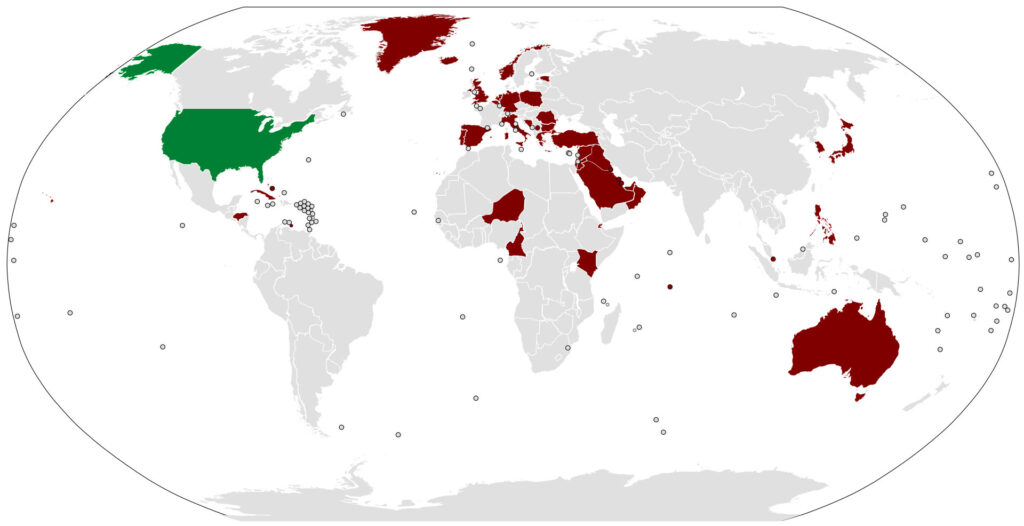
VRK: But there have been desertions (from the BRI) after the unraveling of the India-Middle East-Europe Economic Corridor.
SN: What desertions?
VRK: Saudi Arabia was originally part of the BRI but now they have joined the new initiative.
SN: But they are still part of the BRI too. I mean if India can be part of the China-Russian team (in organisations like the BRICS) and yet be with the Americans, Saudi Arabia can also be part of both the groupings. See, everybody is now seeking this kind of ambidextrous policy. That is, we will be here and we will be there if the money is coming. There is nothing wrong with this policy. And at some stage, they (both the projects) will intersect and they will all say why not cooperate?
You will not be saying that this road is ours and that road is yours and we are going to bomb your road. See, ultimately cooperation is infectious and there will be dialogue on its possibilities at some stage. However, as I see this initiative (India -Middle East -Europe Economic Corridor) is a little bit like the Women’s Reservation Bill (introduced by the Narendra Modi led Bharatiya Janata Party (BJP) government in the last session of the Indian parliament). It is on paper but when it will come nobody knows. It can come in 2029 or 2039 or 2040 if it comes at all. Likewise, this thing is on paper. But it is clear that they (the US and its allies) want to see India on par with China. There is no limit to dreaming.
VRK: So, you think this project is not going to have substantive, concrete results for the economy.
SN: It will happen, but by which time the BRI will have sewn up more than half the world.
VRK: But it is also being said that this new initiative will negatively impact BRI, especially because it bypasses the Suez Canal and uses the Haifa port in Israel.
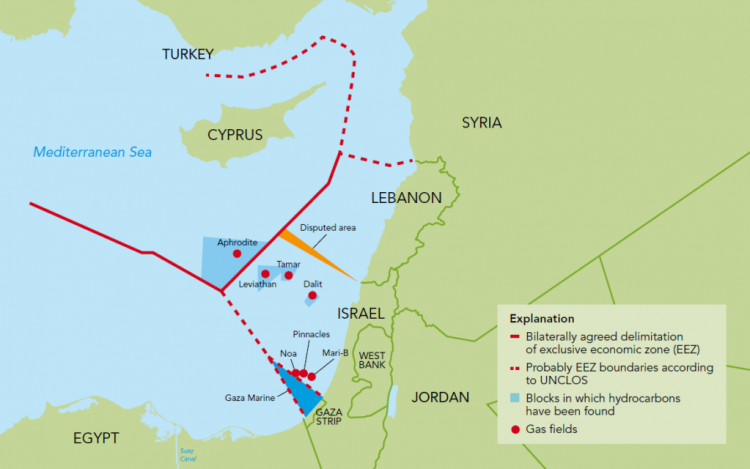
SN: I do not know what they (the advocates of the above line) mean, but look at the basic facts. In this project you are talking about three or four countries but they (the BRI) have already sewn up 150 countries. So, where is the competition? But, yes, the Haifa port happens to be on the Mediterranean coastline. A big story that is developing and which we must all focus on at some stage is that the biggest discovery of hydrocarbons could well happen in Western Mediterranean.
In other words, that is why the problem with the Palestinian state has vital importance. The Palestinian state is on the border and Gaza too happens to be right on the border which is where the biggest Hydrocarbon discovery might happen. You cannot wish it away. If that discovery happens there will be new developments in the region. So, therefore, my dear friend, these are very complex and very interesting times that you and I are living in.
VRK: Thank you, Saeed Saab, that is a very illuminating conversation as always. We will continue our interactions at The AIDEM.
******
Click here to watch the audiovisual interview.


